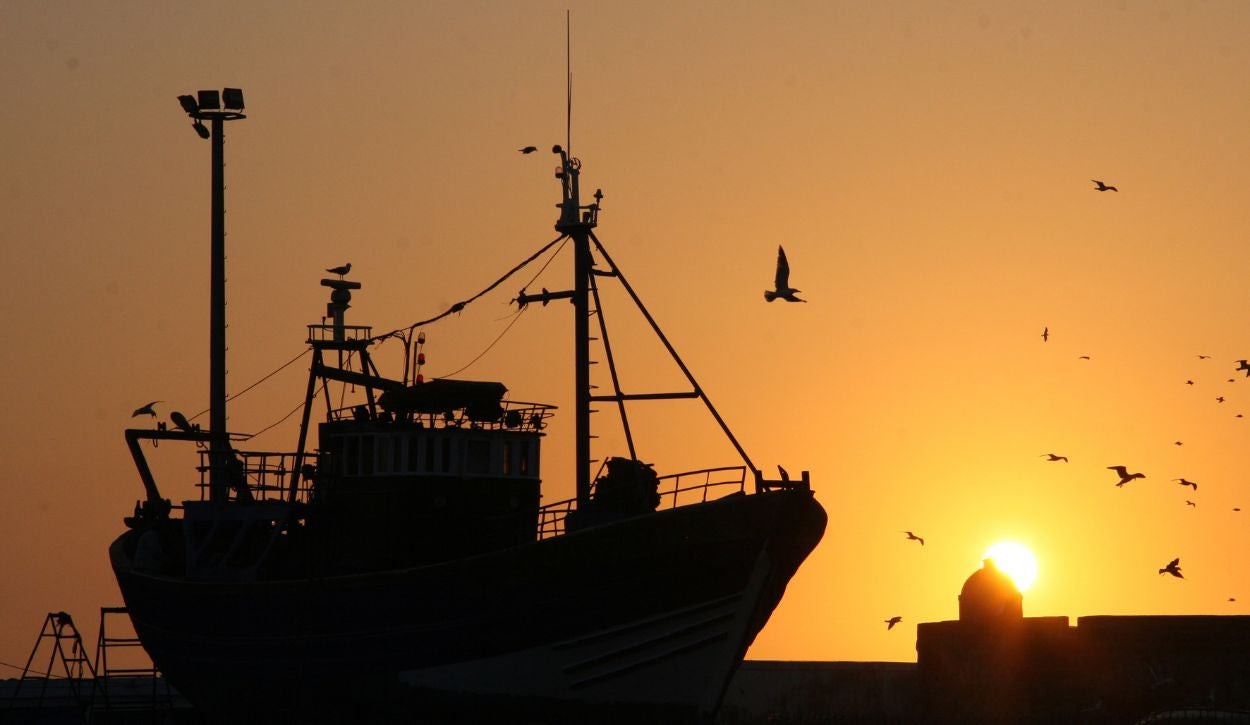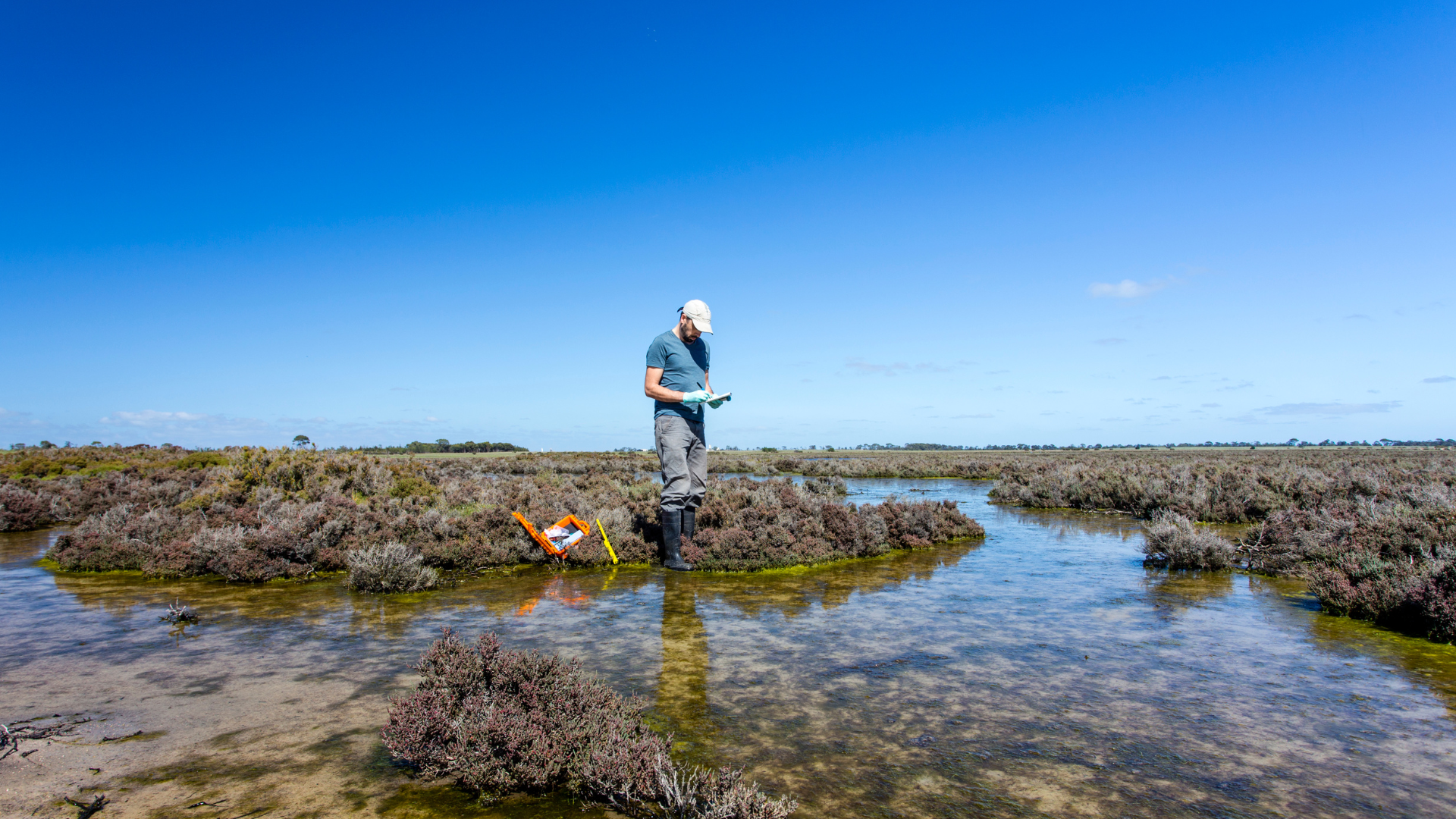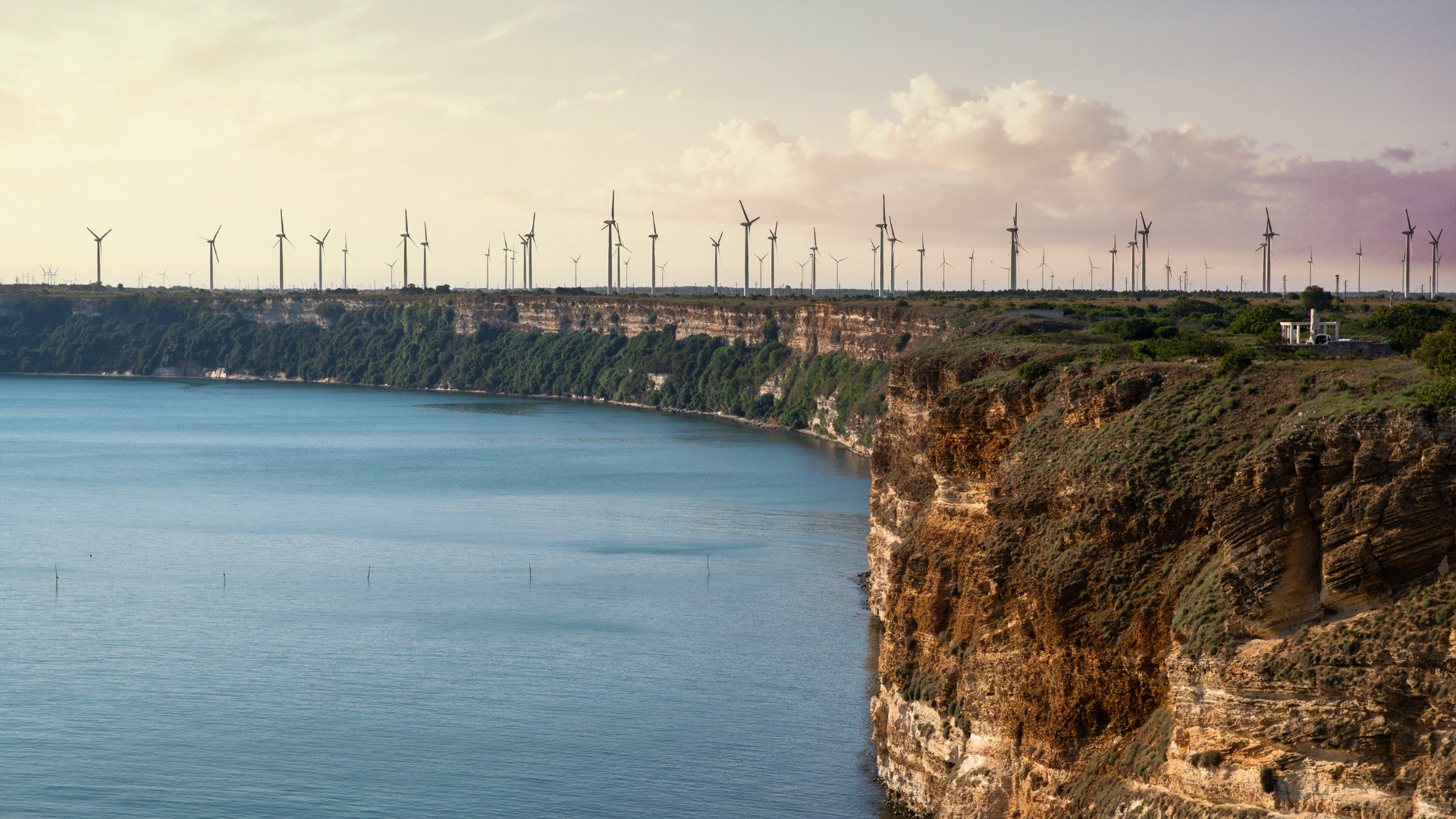Overview
Gain core competencies and enhance your skill set in sustainable fisheries science and management.
The Graduate Certificate in Fisheries Science (FIS) is an online program that helps students develop core competencies in sustainable fisheries management, including stock assessment and fisheries ecology.
Through this program, students will gain a foundation in statistical procedures and effective decision-making to address complex issues related to fisheries and fish habitats. Students will solve real-world fisheries problems and learn how to create effective, practical solutions.
Students can earn their certificate in four sessions, maximizing flexibility and convenience for career enhancement, leadership positions in the industry, and professional growth.
Courses
AFS515: Fishery Ecology
AFS531: Fisheries Stock Assessment
AFS560: Ecosystem-Based Fisheries Science & Management
AFS597: Internship in Fisheries and Aquaculture
Sample Course Schedule*
Session: Fall 1 | Course: AFS 515
Session: Fall 2 | Course: AFS 531
Session: Spring 1 | Course: AFS/OCG 560
Session: Spring 2 | Course: Capstone – AFS 597
Course schedule will vary depending upon when a student enters the program.
Admissions
- Bachelor’s degree
- College transcripts
- Two letters of recommendation
- Resume/CV
- Statement of purpose
- Interest in program
- Relevant work experience
- Reasons for applying to the online program at URI
- Professional goals, as well as plans for achieving these goals
Next Entry Term: Fall 2027
Request Information
College of the Environment and Life Sciences
At the College of the Environment and Life Sciences, you’ll deepen your understanding of the living world and your place within it.
Advance your career with URI Online.
URI Online’s Fisheries Science Graduate Certificate opens doors to a range of rewarding career opportunities in fisheries management, conservation, and research. With their specialized knowledge and skills in fisheries science, certificate holders are well-equipped to make meaningful contributions to the protection and responsible stewardship of marine resources.
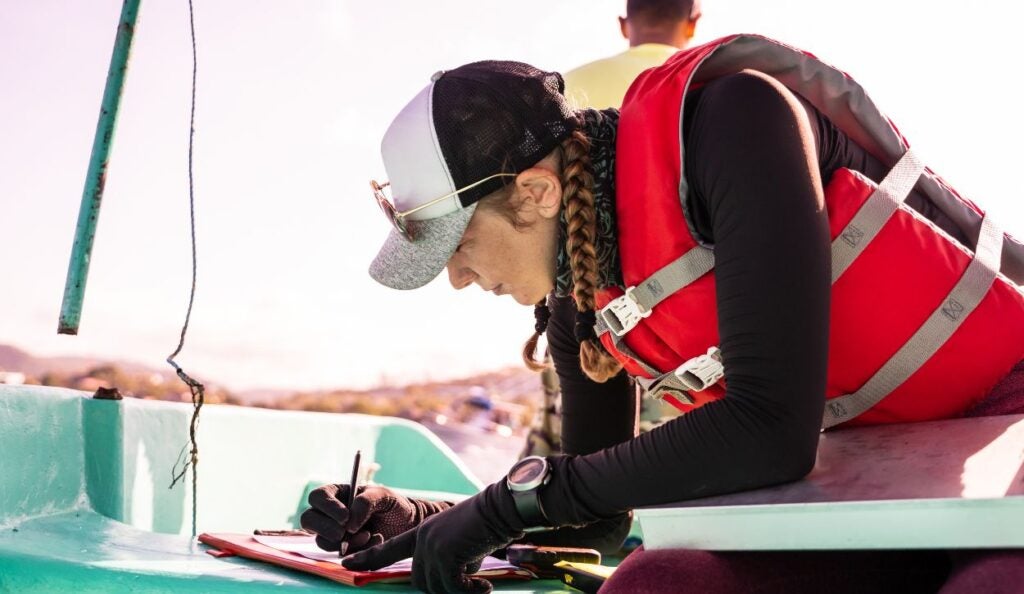
Conducts research on fish populations, habitats, and ecosystems to inform conservation and management strategies.
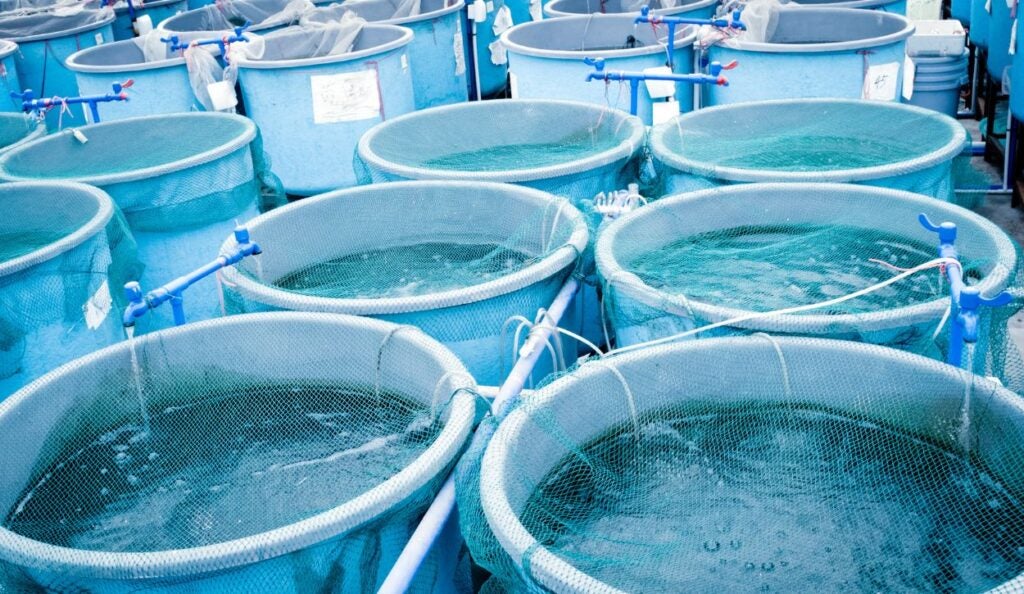
Manages fish farming operations, including breeding, feeding, and health monitoring, to sustainably produce seafood for consumption.
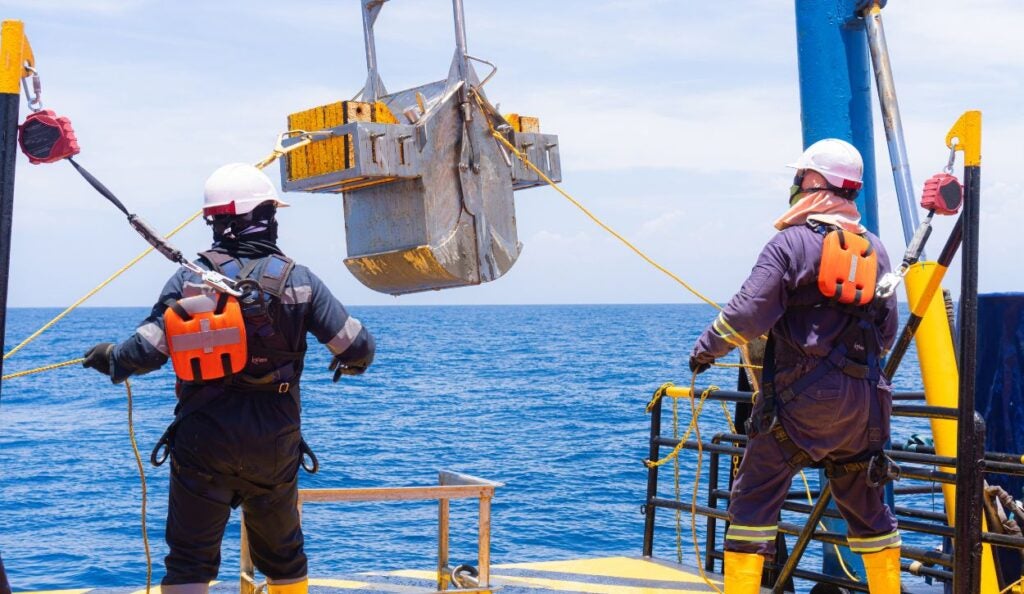
Assists with field surveys, data collection, and laboratory analysis to support fisheries research and monitoring programs.
Marine and Environmental Science
URI Online offers a robust selection of marine and environmental science-focused programs tailored to meet the challenges of preserving our planet’s delicate ecosystems.

